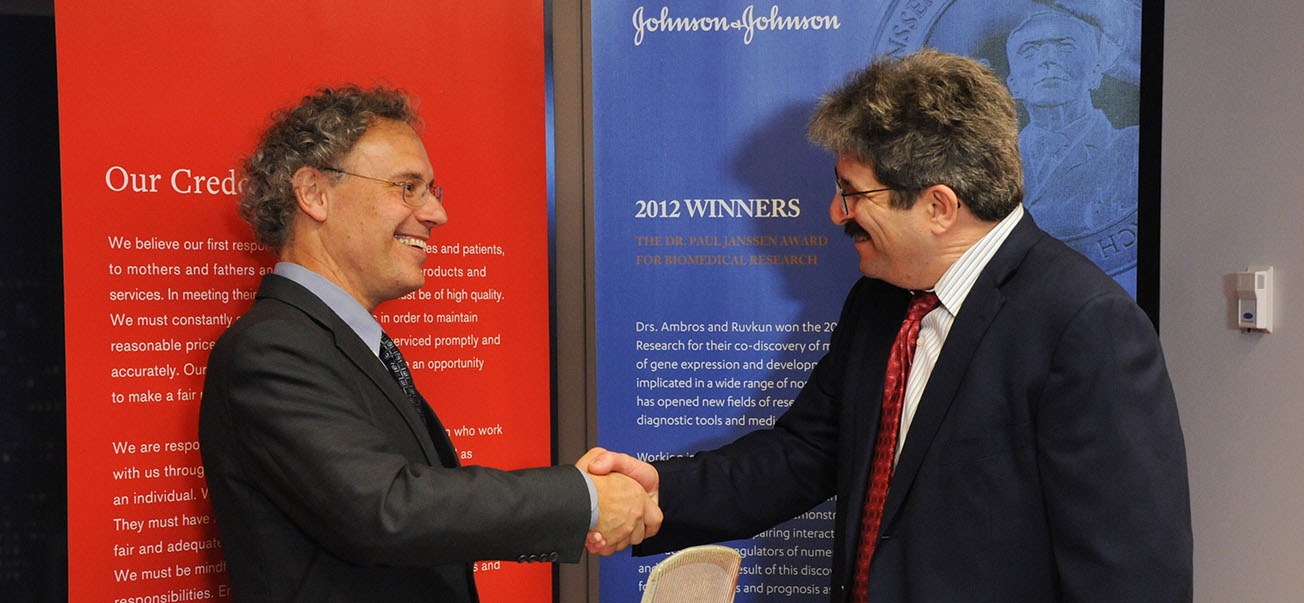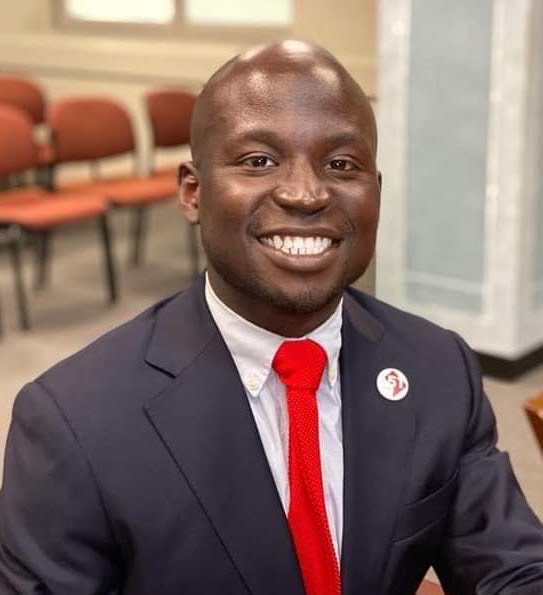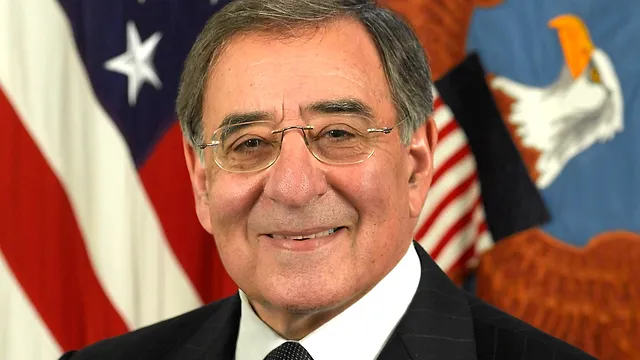The discovery of microRNA, a key idea regulating the control of gene activity, earned Victor Ambros and Gary Ruvkun the Nobel Prize in Medicine. On October 7, the Nobel Prize committee made the distinguished announcement in Sweden, hailing the “groundbreaking discovery” of the American biologists and illuminating a whole new aspect of gene regulation. The human genome specifies for more than 1,000 different microRNAs, which were identified by Ambros and Ruvkun. MicroRNAs are a novel class of small RNA molecules that are crucial for regulating gene expression.
The research was carried out at Harvard University by Ambros, a professor of natural science at the University of Massachusetts Medical School, and at Massachusetts General Hospital by Ruvkun, a professor of genetics at Harvard Medical School. Their early work involved analysing the genetic makeup of a tiny 1-millimeter-long roundworm, C. elegans, which possesses numerous specialized cell types, such as nerve and muscle cells, present in larger, more complicated creatures.
The committee commended the work of Ambros and Ruvkun, noting that gene regulation guarantees that only the correct collection of genes is activated in each type of cell, allowing each cell to choose just the pertinent instructions. A monetary reward of 11 million Swedish kronor ($1 million) is associated with the prize.




